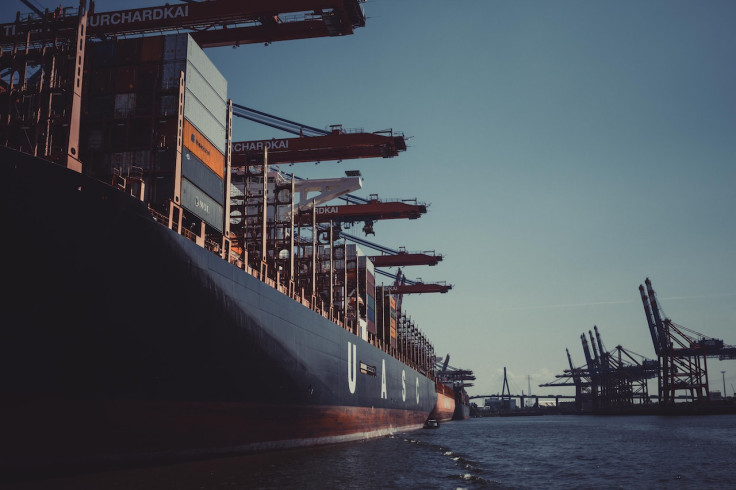Why and Which Global Brands Are Rushing to Set Up Shop in the US as Tariff Tensions Rise

Amid growing uncertainty over international trade and a resurgence of Trump-era tariffs, global companies across multiple industries are making decisive moves to expand their operations in the United States. From car manufacturers to electronics giants and retail brands, many firms are fast-tracking investment into American factories, warehouses and assembly plants. Their goal? To sidestep mounting import duties, secure market access, and futureproof their businesses in one of the world's largest consumer markets.
As global supply chains reel from tariff disruptions, this shift is being driven not only by political pressure but also by strategic foresight. For many companies, producing goods closer to American consumers helps shield them from policy shocks while improving speed to market.
Car Giants Shift Gears on US Soil
The automotive sector remains one of the most heavily affected by tariff policies, and manufacturers are adjusting accordingly. German luxury automaker BMW is reportedly exploring additional production shifts at its Spartanburg plant in South Carolina—potentially boosting output by up to 80,000 vehicles. The facility, which operates within a free-trade zone, currently exports around half of its vehicles abroad and maintains a lean, 30-day inventory of vehicles, parts, and components in the US. As noted in a Reuters analyst report, BMW plans to keep prices steady for most US models through May despite external pressures.
Japanese automaker Nissan is also responding swiftly. Beginning this summer, the company will reduce production at its Fukuoka plant and shift part of its Rogue SUV manufacturing to the United States. The Nikkei Asia report explains that the Rogue is one of Nissan's best-selling vehicles in the American market. The move comes after earlier decisions to halt new US orders for two Infiniti SUV models made in Mexico.
Prior to the renewed tariffs, other major manufacturers including Honda, Hyundai, Stellantis, Volkswagen and Volvo had already been exploring increased American operations—trends that are now gaining momentum.
Electronics and Tech Firms Double Down
In the tech sector, firms such as Foxconn and Samsung are also expanding US-based operations. Taiwan's Foxconn, which had initially intended its Wisconsin plant to produce display panels, has since diversified into server and networking equipment to support the US supply chain. As noted in NPR's analysis, this pivot reflects a wider industry trend toward localising critical manufacturing.
Samsung has increased semiconductor production at its Texas facility, addressing both demand and tariff avoidance. Meanwhile, suppliers such as Compal Electronics and Inventec have scaled up laptop and server assembly within the US. LG Electronics has invested further in its Tennessee appliance plant, while TSMC—the world's leading contract chipmaker—has committed billions towards its Arizona semiconductor factory.
These tech expansions allow companies to insulate themselves from trade disputes while positioning themselves nearer to their key customers.
Retail and Consumer Goods Follow Suit
Consumer brands are also reacting to the shifting trade landscape. Swedish furniture powerhouse IKEA has boosted investment in US-based sourcing and distribution hubs to improve supply chain agility and reduce reliance on Chinese imports.
In the fashion and sportswear space, Adidas, Puma, and Columbia Sportswear have all diversified their production networks by moving more operations to North America. These changes not only help them avoid additional tariffs but also support faster delivery times and improved market responsiveness.
According to reports, Apple supplier Luxshare is exploring similar strategies, seeking to shift production outside China and potentially establish operations within the United States.
Why It Matters
The growing list of global brands expanding in the United States reflects a broader shift in business strategy. Rather than relying on distant factories and global supply chains vulnerable to political volatility, these companies are prioritising resilience, efficiency, and proximity to their core markets.
Although the latest surge in reshoring has been triggered by Trump's sweeping reciprocal tariffs, the moves being made today are laying the groundwork for long-term American growth. These investments go beyond short-term cost management—they represent a fundamental transformation in how international firms operate in a changing geopolitical climate.
In short, as the world adjusts to a new trade order, the United States is becoming a focal point for manufacturing reinvention, investment, and industrial strategy.
© Copyright IBTimes 2025. All rights reserved.





















